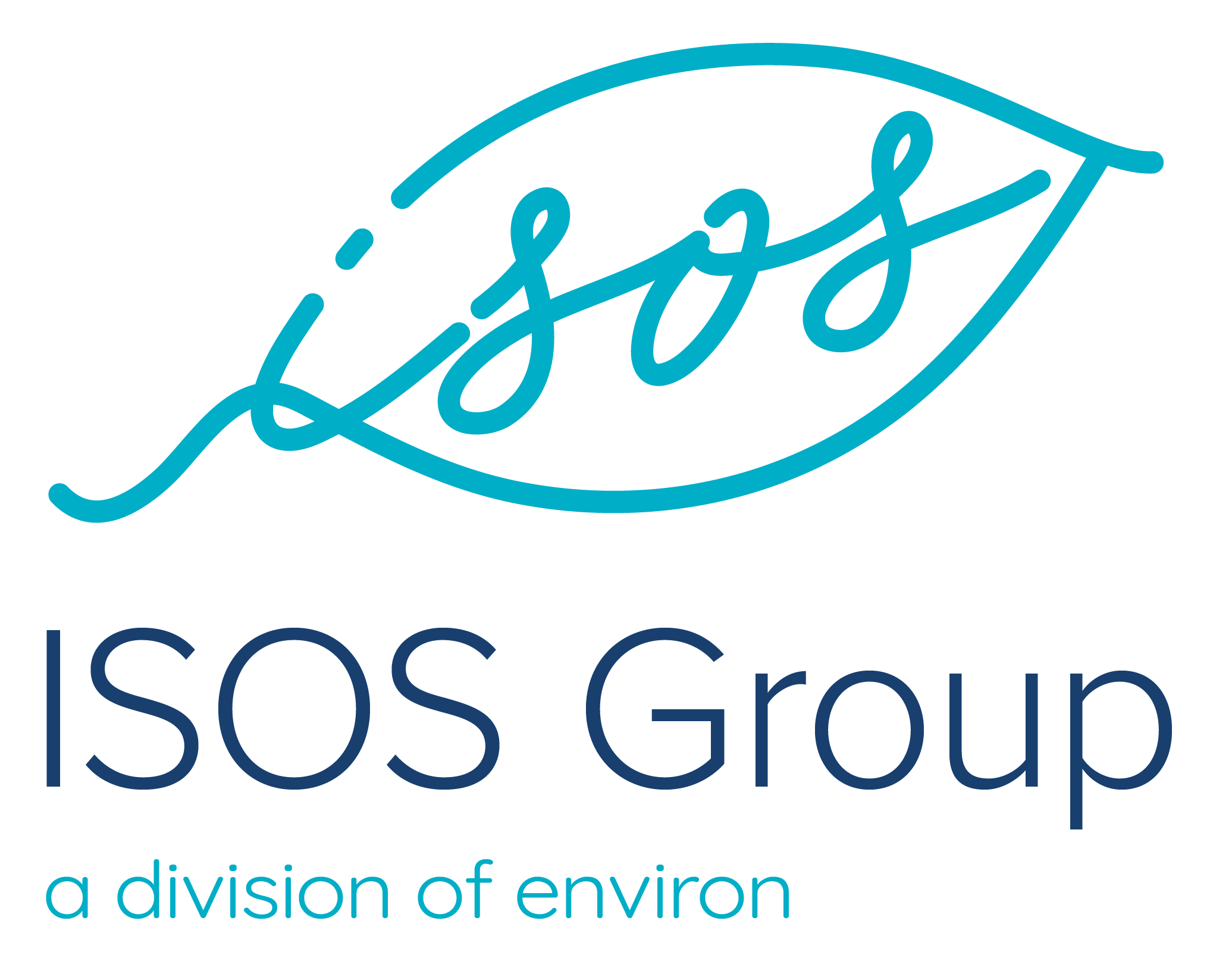Regulation Meets Demand for Credible ESG Reporting
The sustainability landscape is continuously evolving, and while having sustainability data assured used to be a “nice to have,” it is soon to become the standard for environmental, social and governance (ESG) reporting. Investors, regulators and other stakeholders, including customers and employees, are paying even more attention to organizations’ ESG disclosures and performance.
With heightened scrutiny comes an increasing need for confidence in data quality and reliability. Attention to and requirements for sustainability disclosures and assurance will grow in the coming years. The EU Corporate Sustainability Reporting Directive’s limited assurance requirement comes into effect in 2025, and the U.S. Securities and Exchange Commission is soon to finalize its proposed rule on climate-related disclosures, which is expected to require limited assurance of ESG reporting. (Both rules are expected to mandate the higher level of reasonable assurance at a later date). In addition, California’s Climate Corporate Data Accountability Act (Senate Bill 253) will require all companies that do business in the state and have annual revenues over $1 billion to report and assure their greenhouse gas emissions by 2026.
The value that ISOS Group provides
At ISOS Group, we apply AccountAbility’s Assurance Standard, AA1000AS v3, which was specifically developed for assuring sustainability data. This standard applies system-level and metric-specific approaches to sustainability assurance. Through our approach, we provide guidance to verify the quality and reliability of your organization’s sustainability data, while also understanding your adherence to four key sustainability management and performance principles, the AccountAbility Principles. Ultimately, organizations that continually strive to adhere to these four key principles will have better integrity and disclosures:
Inclusivity: People should have a say in the decisions that impact them.
Materiality: Decision-makers should identify and be clear about the sustainability topics that matter.
Responsiveness: Organizations should act transparently on material sustainability topics and their related impacts.
Impact: Organizations should monitor, measure and be accountable for how their actions affect broader ecosystems.
We guide organizations through the process of understanding these principles and how each is currently applied within the organization. In addition, through data and process review, our team highlights documentation needs and issues and helps improve internal processes, instilling trust and confidence in your data. We focus on providing observations and recommendations specific to your sustainability reporting journey to further improve your organization’s reporting efforts.
What assurance service is right for your organization?
The assurance process involves several elements, and your provider should guide you and your team as to the scope of engagement that is suitable for your organization. At ISOS Group, we offer three levels of assurance services with increasing responsibilities and requirements: 1) an assurance readiness assessment, 2) limited assurance and 3) reasonable assurance. The elements involved in the assurance process are described below, and the guide offers an overview of how each element is applied in the three levels of service:
Development of an engagement plan: Key components of an assurance engagement — including confirmation of no conflict of interest, the key responsibilities of the provider and your organization, and the criteria required for the metrics to be assured — are discussed before the most appropriate scope of work is defined. This discussion also informs the timeline.
Corporate interview/questionnaire: Before any quantitative analysis is performed, a qualitative review and discussion are held, essentially kicking off the agreed engagement plan. This confirms the scope of the desired metrics and the organizational and operational boundaries. Other items discussed include corporate governance and management, AccountAbility Principles adherence, and data management processes. Note that reasonable assurance requires additional stakeholder interviews beyond your organization’s core project team.
Portfolio review: The quantitative review of the data portfolio(s) focuses on identifying issues that would cause concerns about the reliability or quality of the data reported (e.g., missing data, unidentified spikes or dips in performance, nonconformance with reporting standards, etc.).
Sample-level review: In addition to the portfolio review, a sample of the data is selected for both qualitative and quantitative review. The sample chosen is based on the scope of engagement, size of the organization and impact intensity (e.g., energy consumption). This process entails both evidence review and a qualitative discussion completed by a relevant subject matter expert.
Resolution of issues: During the portfolio and sample-level reviews, the provider will prepare a list of issues and/or documentation needs to address items such as misstatements, material differences/omissions or nonconformances. For limited and reasonable assurance, these issues require resolution to complete the assurance engagement.
Assurance statement or report: The final deliverable aligns with the original scope of work. A readiness assessment report identifies observations and recommendations to prepare for assurance. Both limited and reasonable assurance engagements conclude with an attestation letter that includes the relevant elements (e.g., the reporting audience, metrics included, criteria applied and any notable observations/recommendations).

